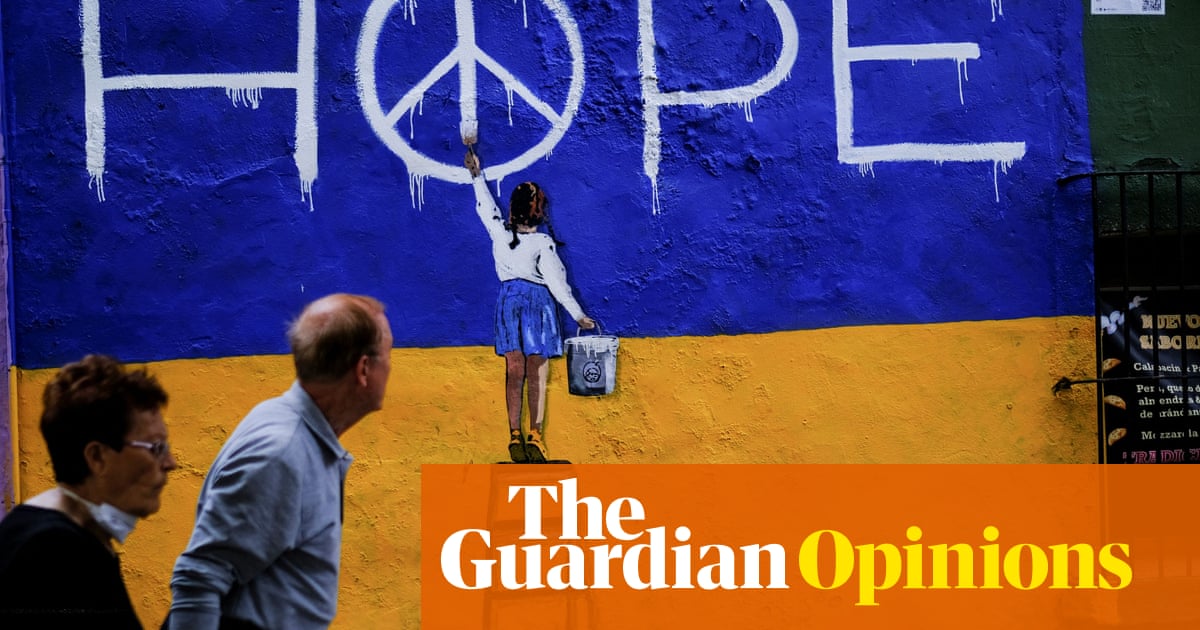Having written 10 histories of war, I’d become inured to the idea that war is probably inevitable and violence intrinsic to human nature. I no longer believe that. Spending six years writing 260,000 words on the history of the human mind has compelled me to contemplate the possibility of a new path for humankind free of the terror that drives violent nationalism, religious intolerance and ideological madness.
And it has changed me from being a minstrel of doom into a steely eyed optimist.
Our beliefs are the engines of history, and the genesis of those beliefs can be traced to the great prophets, theologians and philosophers whose visions have held us in their thrall for more than 2,500 years.
The history of war shows with terrifying clarity the extent to which those beliefs– no matter how irrational, fantastic or plain groundless – periodically gripped the collective mind and hurled us into conflict, revolution and chaos, and how we’ve always been willing to slaughter each other in great numbers in the name of those beliefs. Sapiens first started carving axes and fashioning spears and killing one another some 70,000-80,000 years ago, in southern Africa.
The idea of peaceful cooperation was alien to those warring tribes. The Western conscience, the inner voice of restraint, is a recent whisper on the plain of time. The mental arbiter of our good and bad actions emerged only about 5,000 years ago. In psychological terms we’ve barely emerged from the Neolithic.
Our minds are in the foothills of their mental evolution. And to me, now a long-range optimist, that is a great source of hope. Out of those hills a new human mind is emerging, liberated from the barbs of centuries of fear and hatred and the shackles of religious prophecies, national myths and ideological determinism. We’re learning, very slowly, indetectably, through bloody trials and ghastly errors, to coexist in some kind of harmony that tolerates different faiths, ideas and beliefs.
Realists will disagree. They’ll dismiss as a romantic ideal the possibility of peaceful coexistence (I concede that unity is neither feasible nor desirable). They’ll cite the vicious wars in Gaza and Ukraine as further proof that humankind is beyond redemption and that we’re hopelessly locked in a Hobbesian forever war.
Elsewhere, many are returning to their nationalist and ideological fantasies. Words like freedom, honour and sacrifice are being leached of meaning and once again dragooned into the service of god and country. Recently, I heard an English boy tell a BBC presenter that he’d like to die with honour in a war with Russia. The presenter and everyone laughed. It was as if the Somme and Passchendaele had never happened.
We’re reliving the existential despair that periodically fragments human society whenever the economy fails most people and rewards the least deserving. In such times, we see, as night follows day, the zombie-like return of tyrants and demagogues, who promise fresh utopias and blame powerless minorities for all the woes in the world, while ignoring the root cause, economic injustice.
For all that – and some will dismiss me as naive and sentimental – I believe in sapiens’ journey towards that higher consciousness, of living in peaceful coexistence, even if the path is going to be long and fraught. But it must happen because we have no choice, just as the Catholics and Protestants had no choice than to sign the Westphalian peace treaty that ended the thirty years’ war in 1648. The alternative was mutual destruction.
For all its flaws, and violent exceptions, the peace between those two branches of Western christendom persisted, showed that warring faiths could live in the same village without being seized by the urge to bash each other’s brains out. The Westphalian peace has largely held and helped to inspire the creation of a world based on rules and mutual tolerance after the end of the second world war.
If that sounds impossibly idealistic, note that in history the hope of a peaceful world order often prevails. To cite three more examples: within 300 years the Romans abandoned, for better or worse, their gods and adopted Christianity. In 1945, the Japanese ended centuries of feudalism and established a democratic system with promising results. In 1991 South Africa dismantled the tyranny of white supremacy and three years later held multiracial elections.
Must we endure another typhoon of blood before we relearn the ancient lesson – that violence begets only violence? Many self- described realists reckon we must. They say we’re stuck in a dialectic of eternal conflict, which promises only constant war and anarchy. For them, war is rooted in the clash of ideologies that perpetuate the rise and fall of monarchies, theocracies, empires and tyrannies … and all in the name of a god, a prophecy or a utopian state.
Might the world wake up and realise that many of the horrors of the past 3,000 years were driven by our belief in fairytales and chimeras? That the state to which we pledged an oath of allegiance was an odious dictatorship built on a utopian myth? That the coming of a messiah and an afterlife were fantasies conjured by our ancestors? That the idea of the nation-state was a nostalgic dream, unworthy of our sacrifice?
We created the gods to fill the void that reason couldn’t reach. We asked them to answer those fathomless questions: Who are we? Why are we here? I’m strangely confident that one day in the distant future we’ll settle those questions without the need of gods, national myths or brutal ideologies. And that we’ll live for the sake of this world rather than the mirage of the next.
